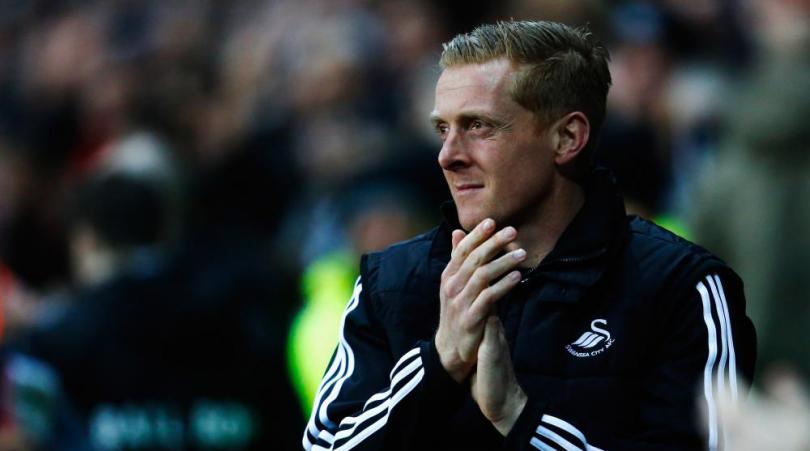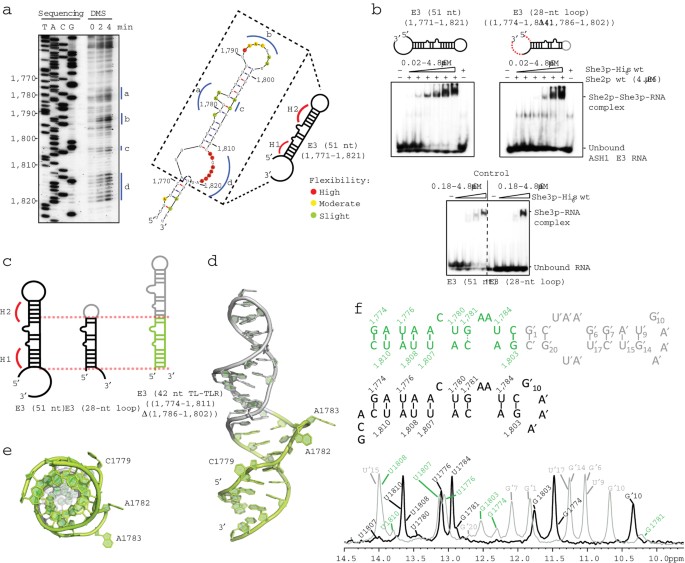
- Select a language for the TTS:
- UK English Female
- UK English Male
- US English Female
- US English Male
- Australian Female
- Australian Male
- Language selected: (auto detect) - EN
Play all audios:
SHANE WRIGHT ECONOMICS EDITORThe West Australian The return of the resources boom will require more spending on infrastructure and workers and increased saving or the country will risk
another outbreak of inflation and higher interest rates, a senior member of the Reserve Bank has warned. But RBA assistant governor Philip Lowe also fears that even Australia and China would
not be immune to a global collapse if the sovereign debt woes of European nations such as Greece and Spain are not sorted. In a speech in Sydney this morning, Mr Lowe said it appeared
commodity prices - particularly for iron ore and coal - would soon break record levels. While this would deliver overall benefits to the country through higher national income, it also would
come at a risk unless capacity constraints were not overcome. "Our major trading partners are growing solidly, commodity prices are high and domestic income is likely to grow strongly
over the year ahead," he said. "If this central scenario were to eventuate, a major challenge will be to expand the supply side of the economy so that demand can grow solidly
without adding to inflation." In a sign the Reserve is watching closely the debate over the Rudd Government's planned super profits tax on mining, Mr Lowe said the Reserve still
believes inflation will be manageable given the big increase in national income expected to flow from the resources sector. That is predicated on strong savings, from the Government and
consumers, but if this did not transpire then the country faced inflation pressures that would require RBA action. "In putting together the Reserve Bank's forecasts it has been
assumed that more of this boost to income is saved than was the case in the earlier boom in the terms of trade. This reflects two factors," he said. "The first is the different
position of the Federal budget and the second is the more cautious approach to spending currently being displayed by the household sector. "If this lift in saving does not occur, then
demand in the economy could well be stronger than forecast, and this would put additional pressure on capacity." Mr Lowe said the issues in Europe now appeared the greatest risk to the
global economy. Notwithstanding the growth of China and Australia's links to the Sino economy, a collapse in Europe would be felt across Asia. "Despite the recent announcements
having stabilised confidence in Europe, concerns about public finances could build again," he said. "If they did, it would weigh on growth prospects for the countries directly
concerned, and it could also weigh on prospects in Asia, particularly if it were associated with a marked increase in risk aversion globally." ENDS GET THE LATEST NEWS FROM
THEWEST.COM.AU IN YOUR INBOX. Sign up for our emails






